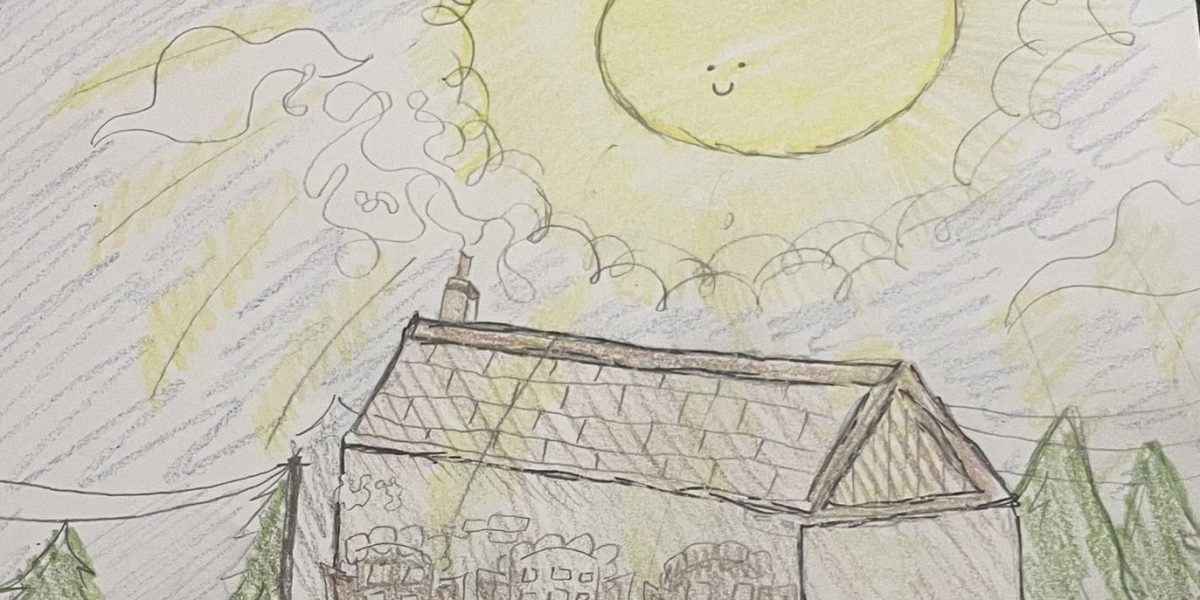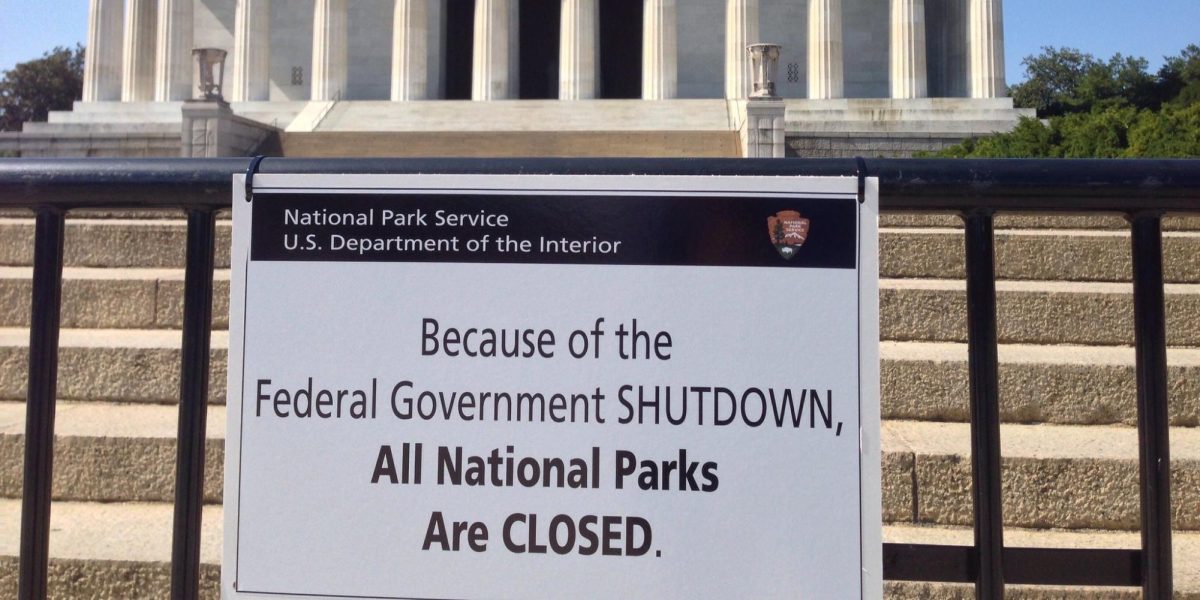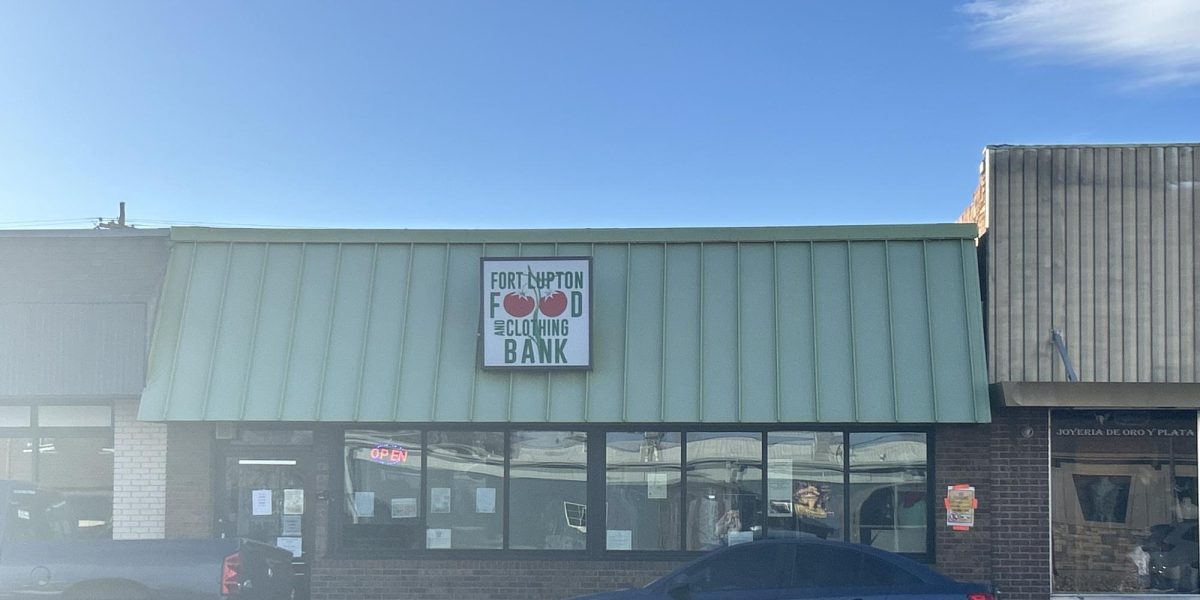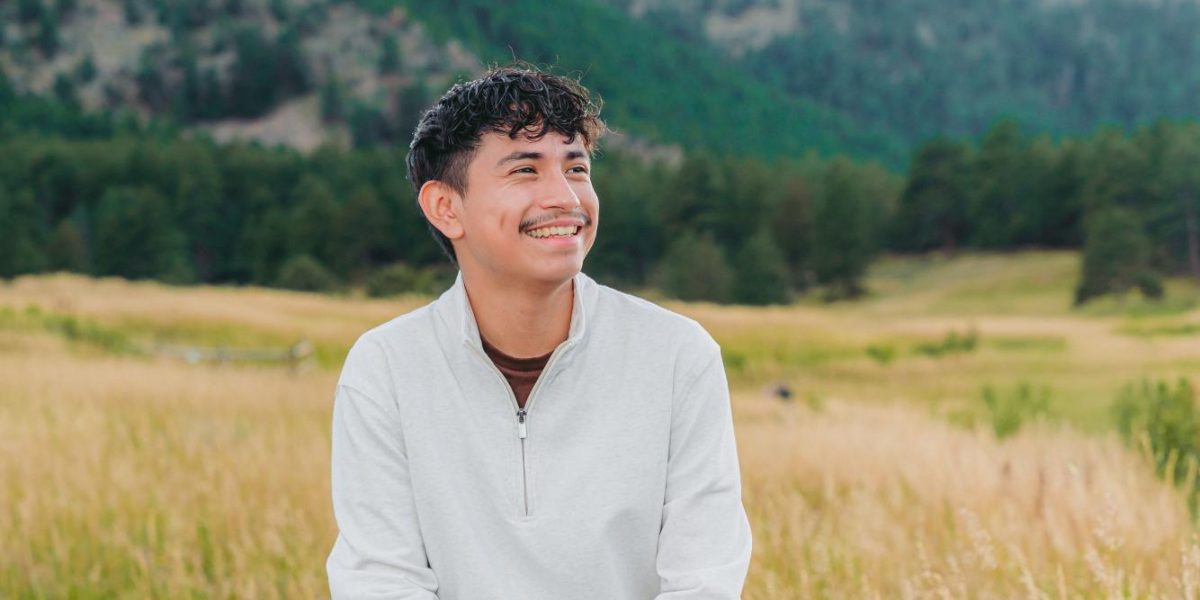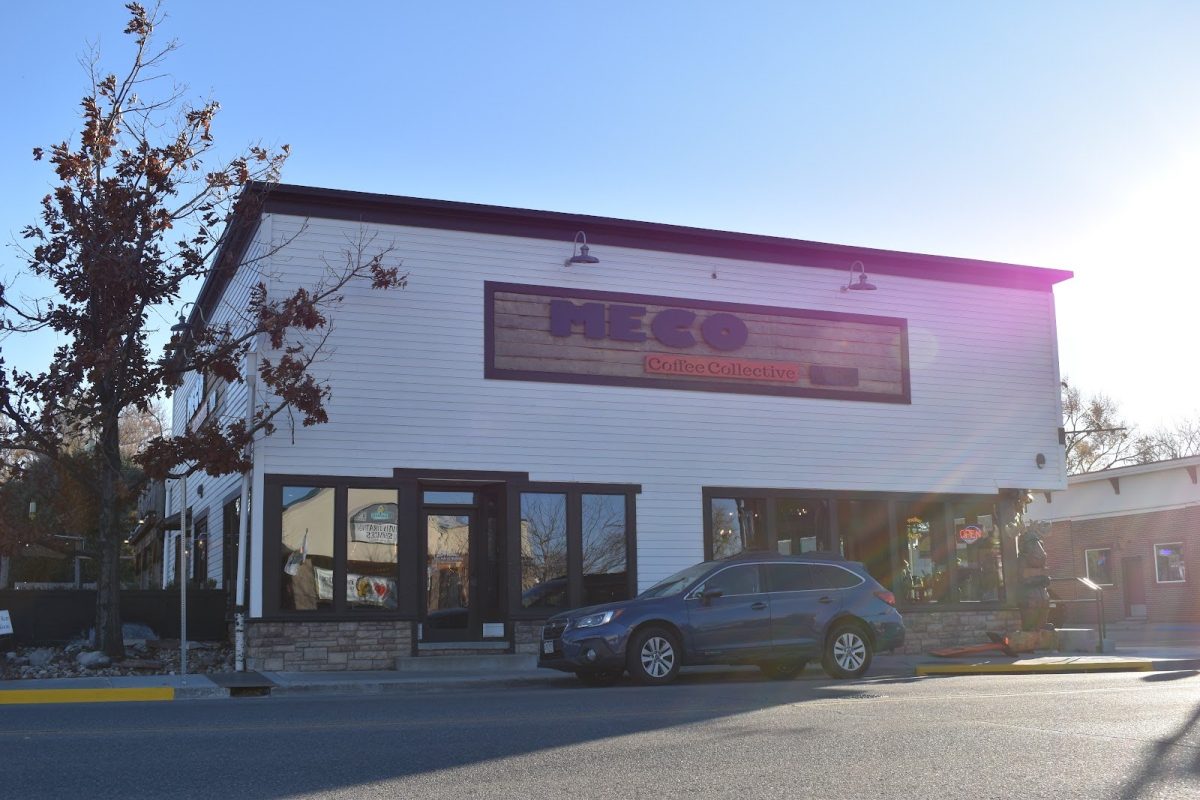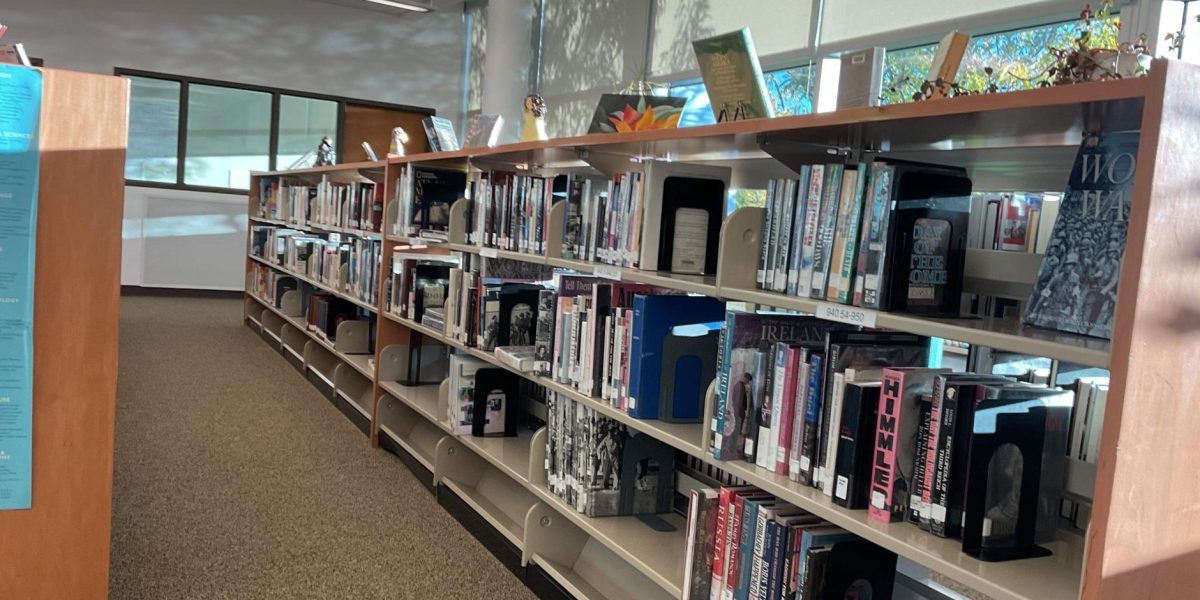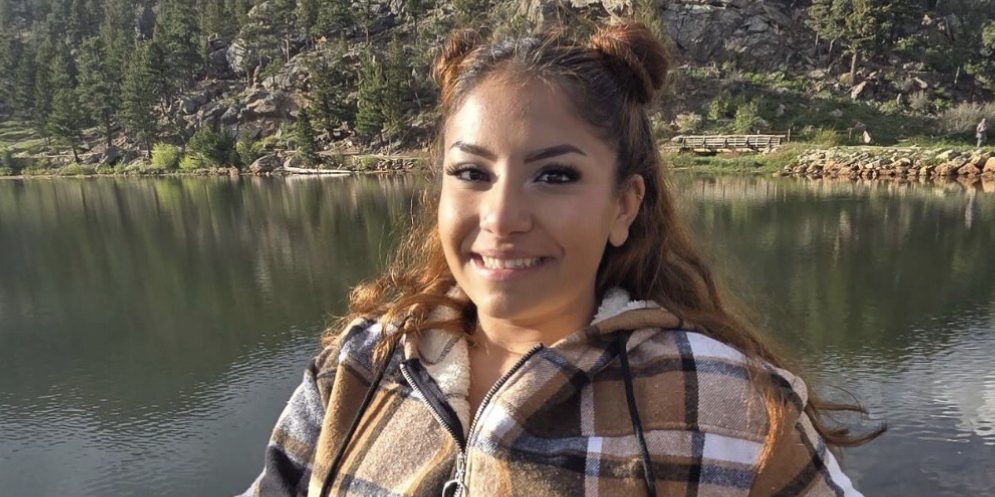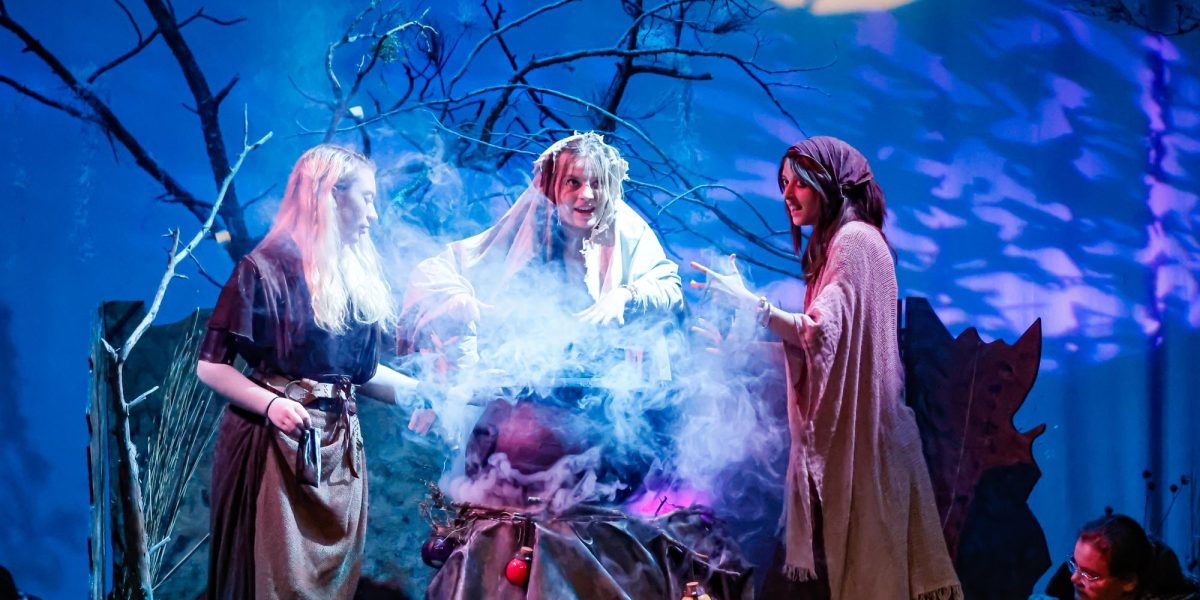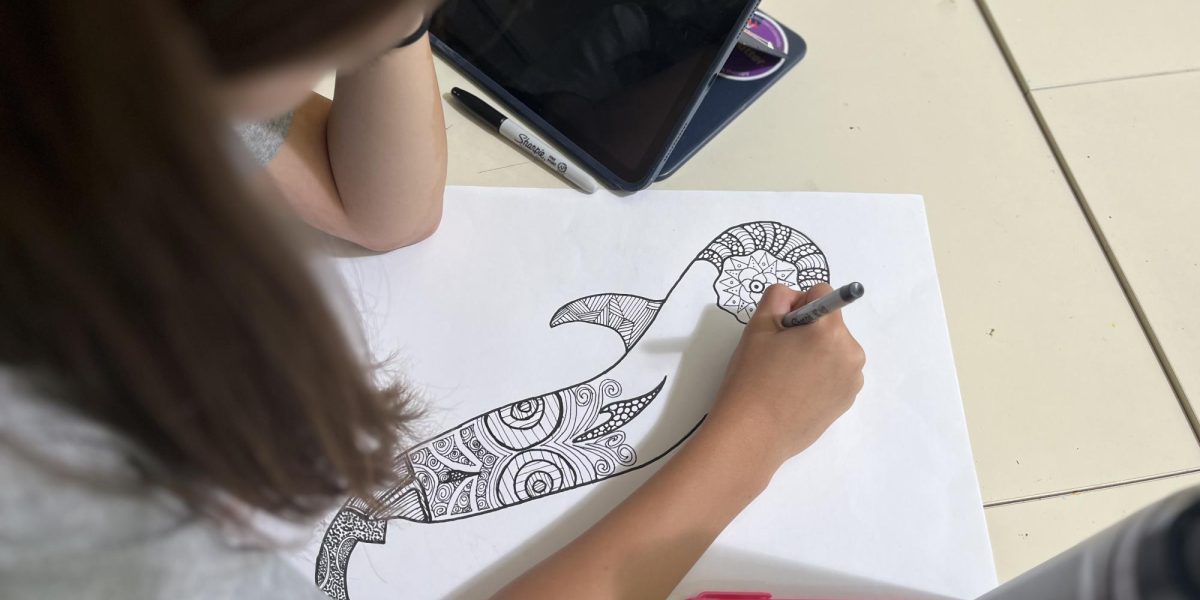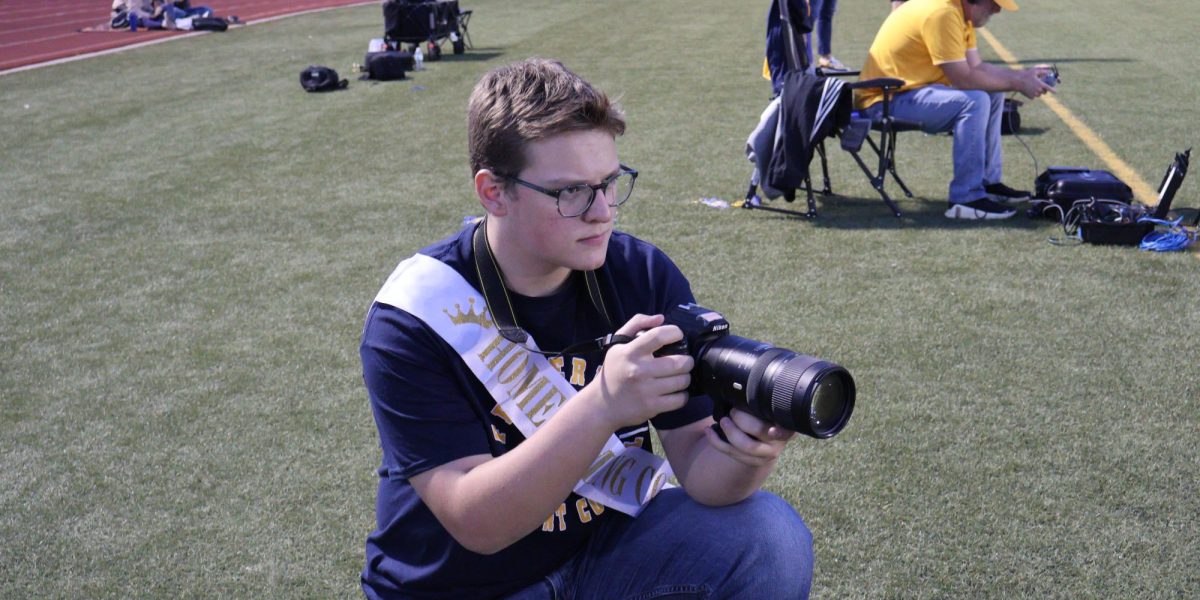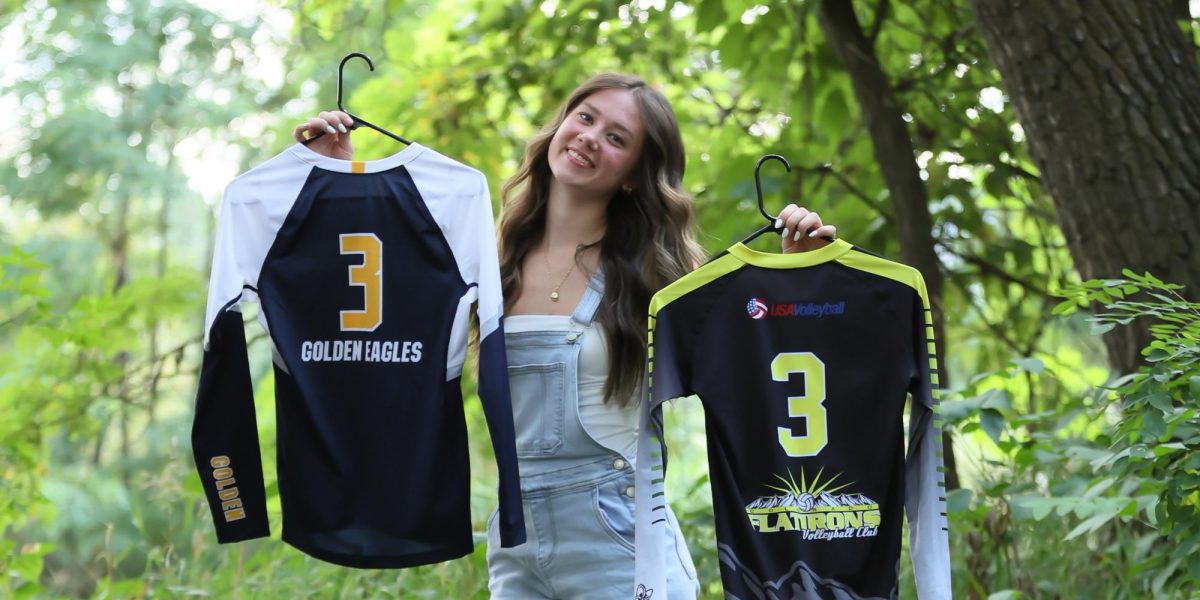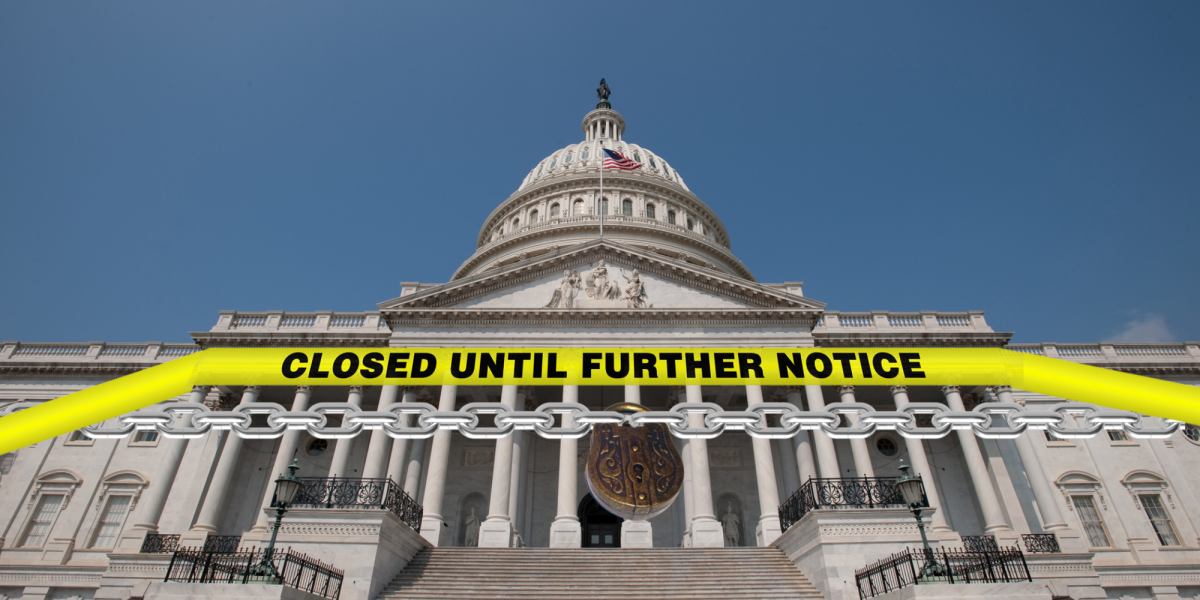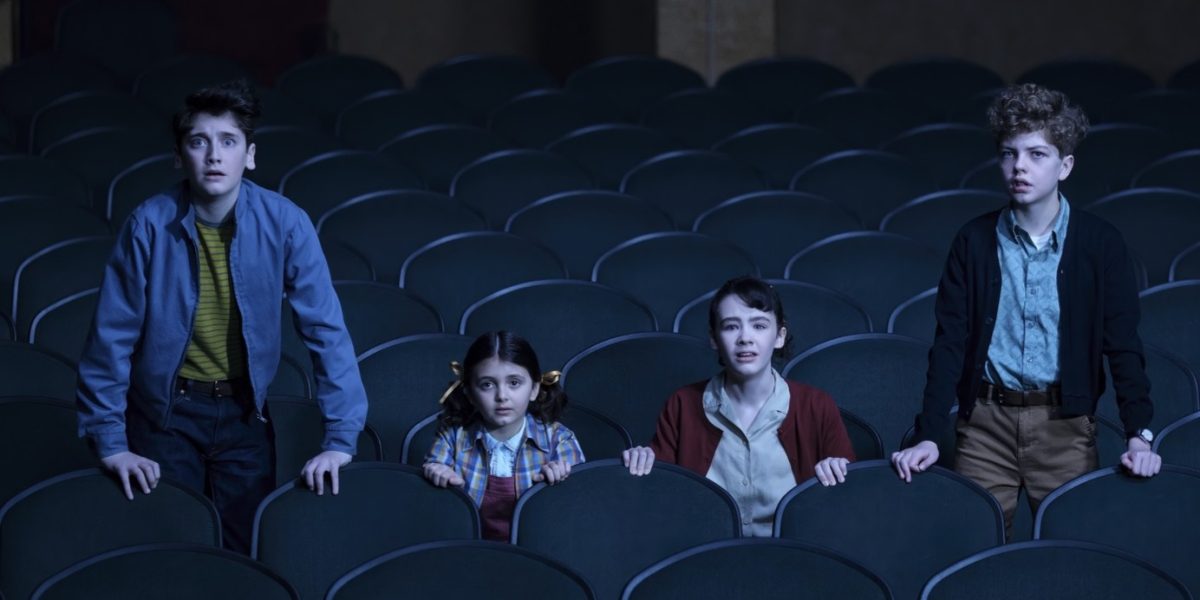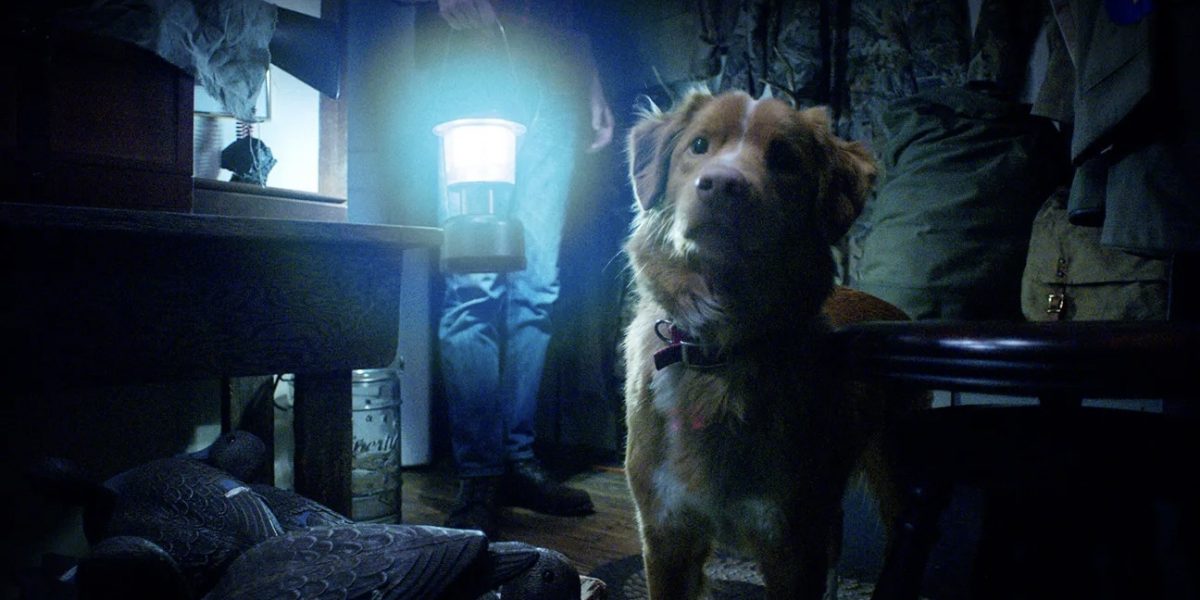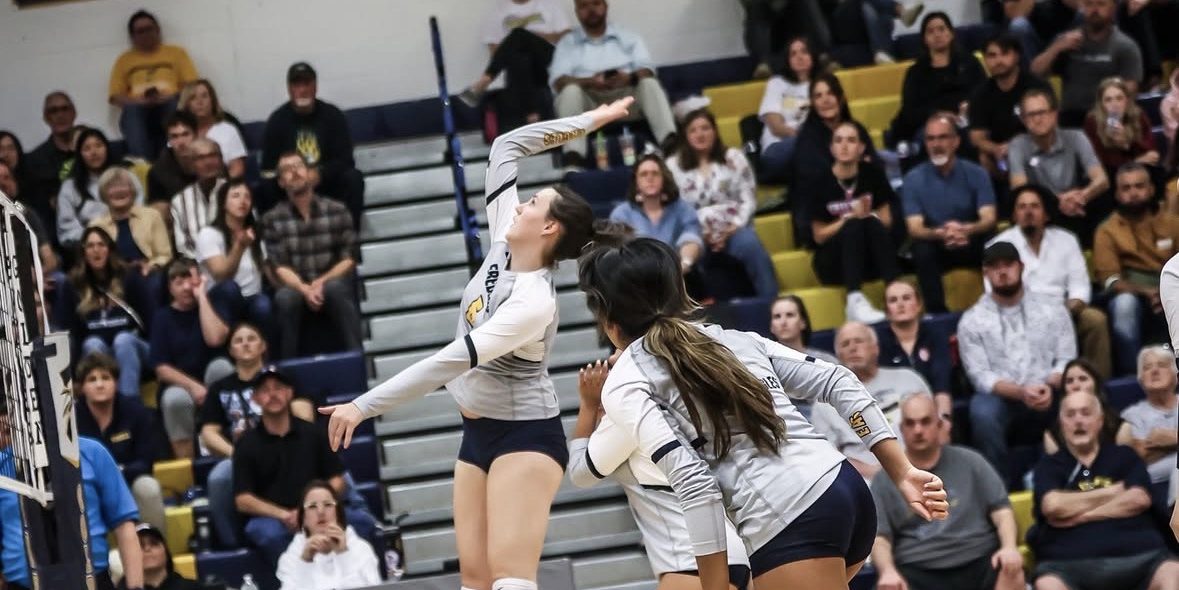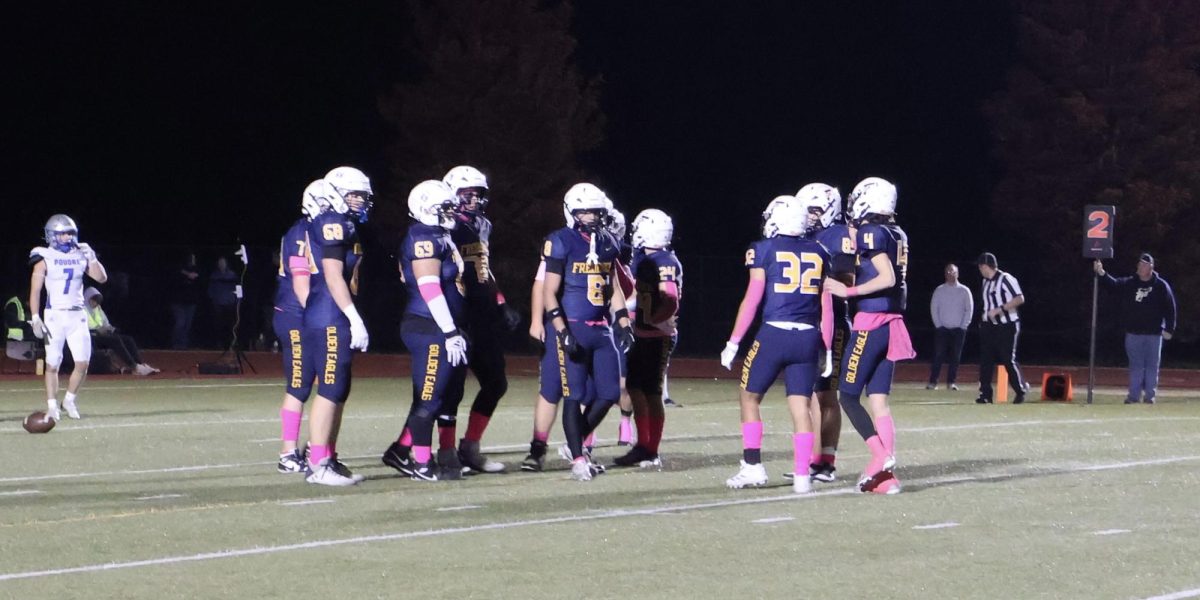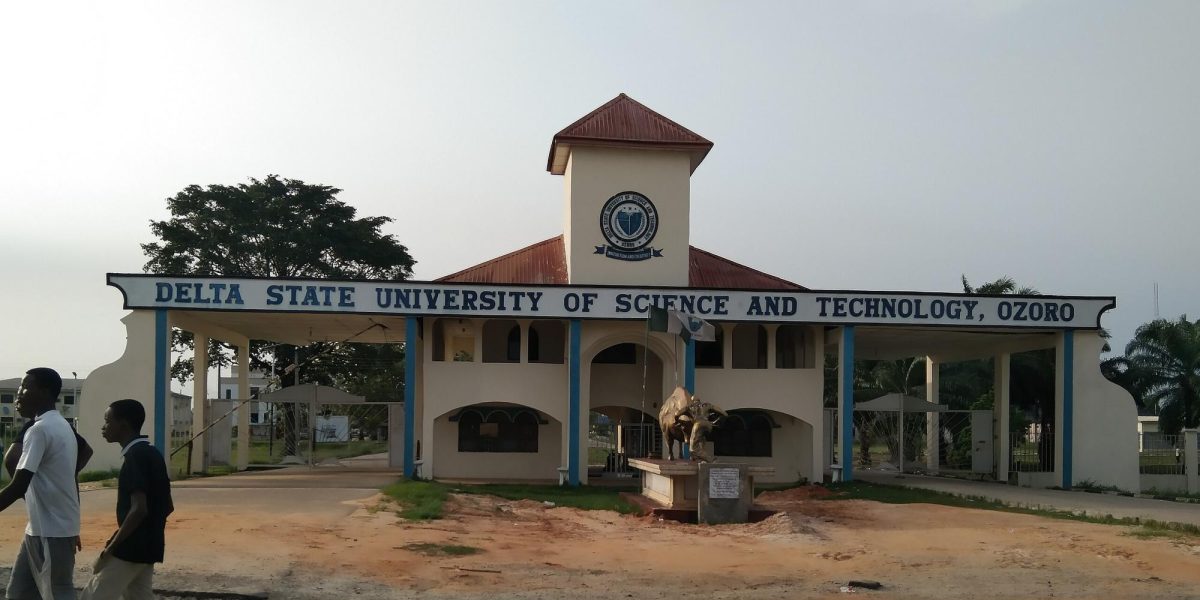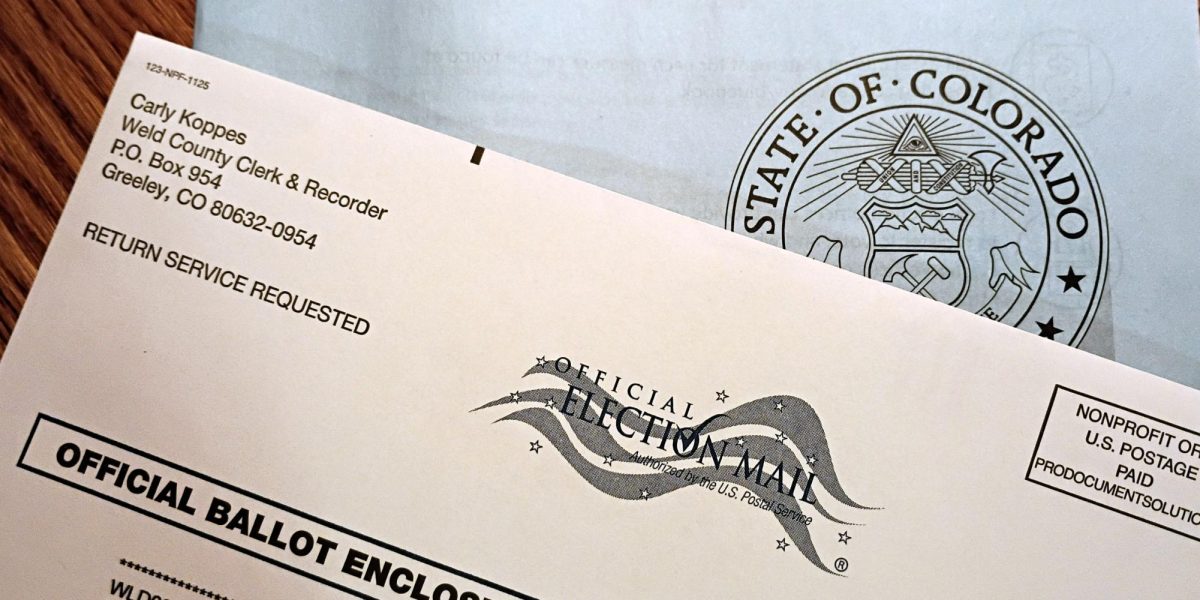Welcome banners strung up in the halls of Mississippi’s Delta State University went from inviting to haunting on Monday, September 15, when local law enforcement was alerted to a Black man found hanging from a tree near the university’s pickleball courts. The hanged man was 21-year-old Demaratravion “Trey” Reed, a computer science major at DSU from Grenada, Mississippi.
Reed’s death has shaken the community of Cleveland, Mississippi. While the death of any student would naturally upset a tight-knit college town, the specific circumstances of Reed’s death evoke the brutal Jim Crow-era lynchings of Black men and women that the older folks of Cleveland witnessed with their own eyes. Those in Cleveland, and later people across the US as the story broke, questioned if Reed’s death was actually a racially-motivated murder.
Three days later, local police revealed that the local coronor had ruled Reed’s death as a suicide, and that while the case would remain open until they received Reed’s toxocology results, the authorities beileved there was no foul play in Reed’s death and that DSU students are safe.

However, not everyone believes Reed would have committed such and act of self-harm, including Reed’s family. Reed has no documented mental health issues and seemed, according to his family, eagar to start his final year of college. In a September 16 press conference, Reed’s uncle said, “When I talked to him, he’d always tell me that he had a plan for his life, and many things he wanted.”
Along with Reed’s family, the NAACP expressed their own skepticism on the police’s verdict on social media: “While initial reports offered no evidence of ‘foul play,’ you’d have to excuse our skepticism amidst growing racially motivated violence targeted at our communities across this nation. So while we await more formal autopsy reports and information, we offer this piece of history with a level of certainty: Our people have not historically hung themselves from trees.”
The last line not just refers to the history of lynchings in Mississippi but also calls into question the means of Reed’s death. If he was indeed suicidal, hanging is one of the most complex and difficult methods of self-termination, and most of those who commit suicide by hanging do so in indoor or private spaces, not public spaces. This also does not explain why authorities originally told Reed’s family that they found him “unconscious in his bed.”
There is also reason to suspect Reed may also have been a victim of foul play. Rumors that Reed had broken limbs and therefore could not hang himself have been dismissed as social media rumors. However, Jy’Quon Wallace, the head of the African American Student Council at DSU, told the Clarion Ledger that he saw Reed on Sunday night hours before his death arguing with someone over the phone.
“I could tell he was real upset,” Wallace said. “He was making gestures and was acting like he was throwing stuff. He would kick the wall, and then he stormed off toward Blansett Hall. He was just out of it. He was real upset, and I had never seen him like that before.
To this end, Reed’s family hired renowned civil rights attorney Ben Crump to help with a personal investigation and autopsy. “Trey was a young man full of promise and warmth, deeply loved and respected by all who knew him,” Ben Crump said on his social media. “We cannot accept vague conclusions when so many questions remain.”
Crump and the family are also getting help from Colin Kaepernick. Kaepernick, a former NFL player turned civil rights activist, pledged to cover the costs of a second independent autopsy of Reed through his “Know Your Rights Autopsy Initiative” program. Additionally, Congressman Bennie Thompson (MS-02), a Mississippi Democrat, called for the FBI to investigate: “The FBI has the tools and experience necessary to conduct a thorough, unbiased inquiry, and time is of the essence.”
Mississippi has a history of strong racially motivated violence against minorities, especially the African American population. Reed’s case evokes the time when a fraternity at the University of Mississippi got dissolved after brandishing a noose in 2014, as well as Mississippi’s most infamous hate crime against 14-year-old Emmet Till.
Sadly, Mississippi also has a history of law enforcement ignoring race-motivated crimes, covering up race-motivated crimes, and even participating in racially motivated violence, which is why Reed’s family and the NAACP are calling the official reports around Reed’s death into question.
Despite assurance by police that Reed’s death was an isolated incident, Delta State University has been receiving threatening calls using hateful language in recent days. This has prompted them to tighten security across campus. DSU is the most racially integrated public college in Mississippi.
According to DSU freshman Adairian Blackburn, “People are still on edge a little, and people are trying to get past it all, but it’s hard to. I know I went in my dorm on [the day Reed was discovered] and never came back out until the next day. It has all been hard.”
Tensions on campus have not kept students from remembering Reed. The African American Student Council has hosted a couple of vigils for Trey Reed, and DSU is offering grief counseling to those who need it. Reed’s funeral was on September 27 at Abundant Life Assembly of The Apostolic Faith in Grenada. Between his funeral and the vigils, hundreds of students, friends, and members of the community showed up to voice their support for the Reed family.
It’s important that—despite whatever the outcome and truth are—people send their love and support to Reed’s family through this difficult process, as this unfortunate tragedy has befallen them.

